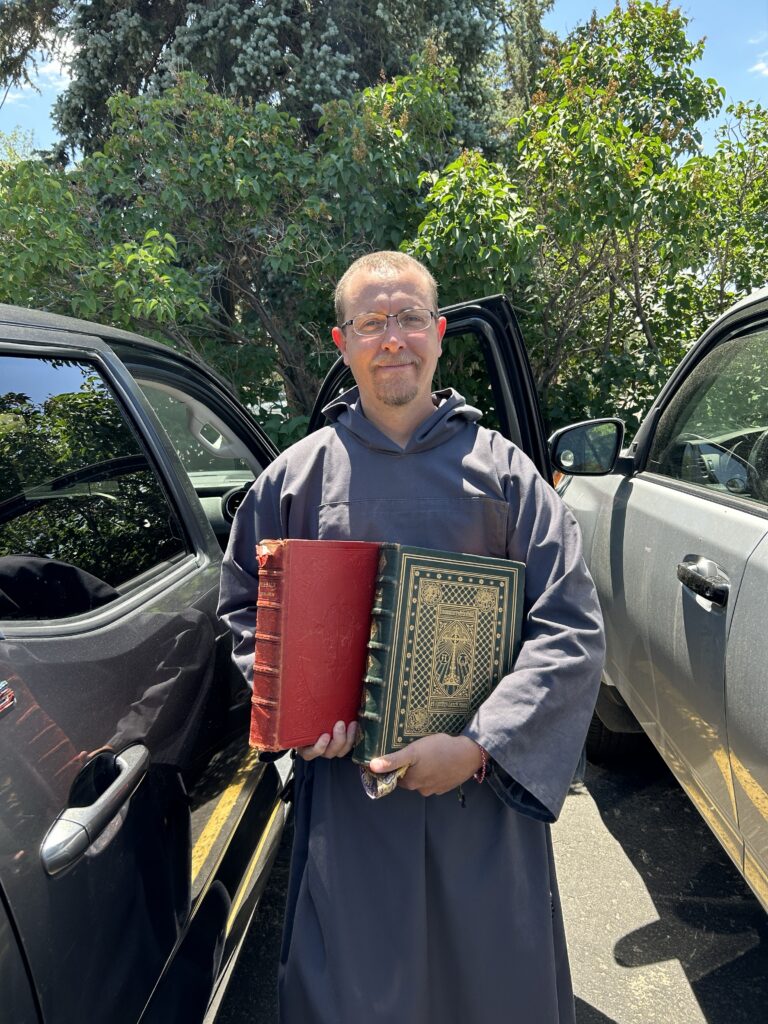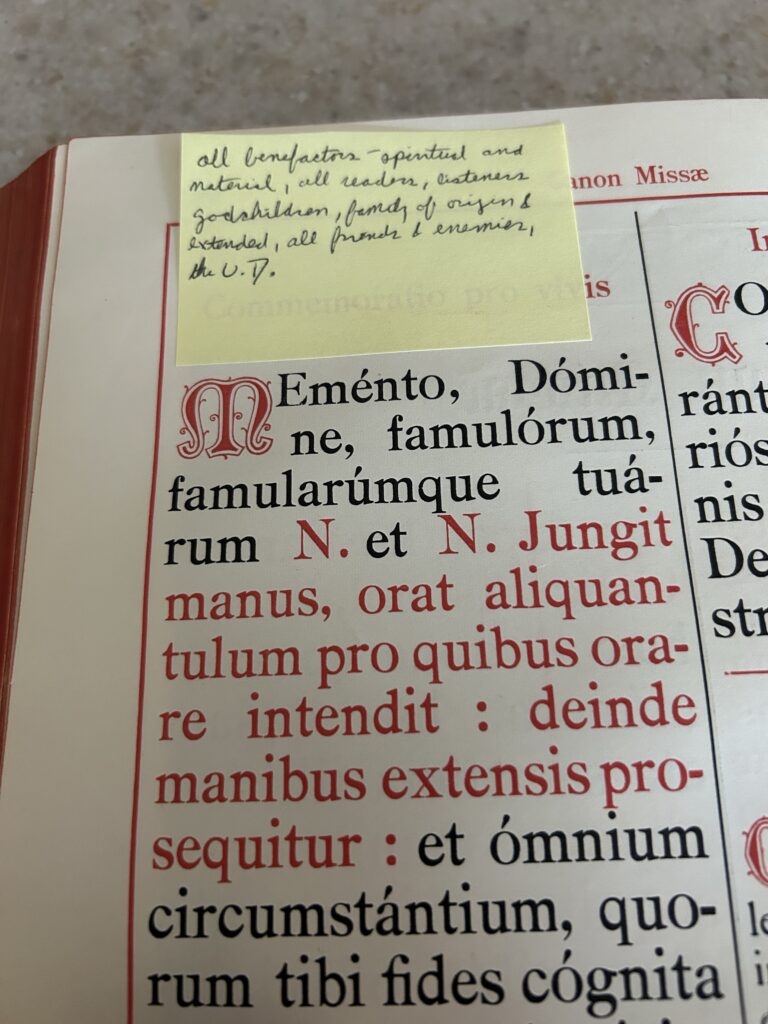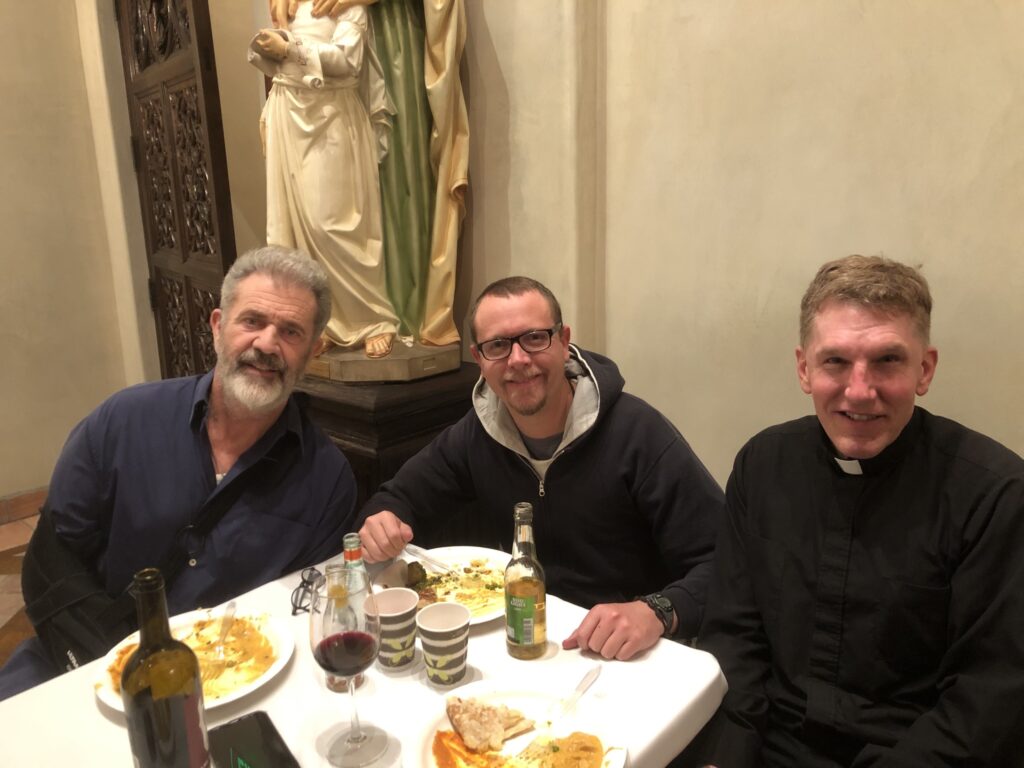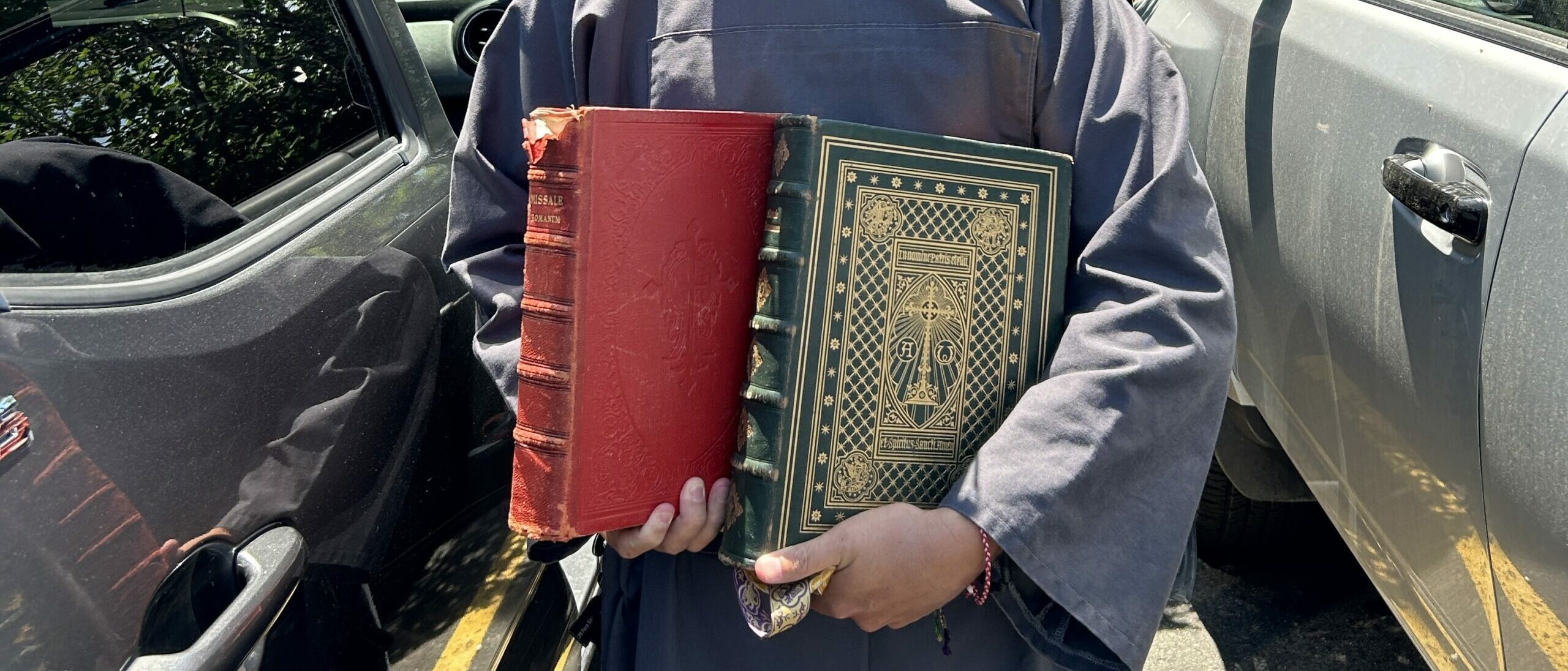As you know, for the first seven years of my priesthood, I offered the new sacraments. The last seven years I have offered exclusively the old sacraments. But now I’m switching from a 1962 TLM Missal to a 1939 TLM Missal. This has little to do with the papacy or obedience or rebellion or political statements or trying “to be more trad than the next priest.”
To be honest, when I first heard traditionalists speak of the decision to Restorethe54 in place of the 1962 Missal, I thought, “Wow, nothing is good enough for these snotty traditionalists!” (And this was after I had switched to the TLM that I was tired of this infighting!) But it turns out it was not infighting. The more I studied, the more I saw that the freemason Archbishop Hannibale Bugnini was already reducing the Holy Week liturgy and the traditional calendar by the early 1950s. Notice that subtle tinkering took place a decade before Vatican II even started.
More than the Holy Week and Octaves, I really wanted to switch from a 1955 to a 1945 Missal (two liturgical milestone years for traditionalists, even though I’m technically switching from a ’62 Missal to a ’39 Missal) because of the Marian feast days that are found in the back of my ’39 Missal that are not found in my ’62 Missal. Who gave me permission to avoid all Bugnini mutations? Pope Pius V in Quo Primum wrote to every Roman Catholic priest until the end of the world about the Tridentine Missal that he did not invent but crystalized for perpetuity:
Furthermore, by these presents [this law], in virtue of Our Apostolic authority, We grant and concede in perpetuity that, for the chanting or reading of the Mass in any church whatsoever, this Missal is hereafter to be followed absolutely, without any scruple of conscience or fear of incurring any penalty, judgment, or censure, and may freely and lawfully be used. Nor are superiors, administrators, canons, chaplains, and other secular priests, or religious, of whatever title designated, obliged to celebrate the Mass otherwise than as enjoined by Us. We likewise declare and ordain that no one whosoever is forced or coerced to alter this Missal, and that this present document cannot be revoked or modified, but remain always valid and retain its full force notwithstanding the previous constitutions and decrees of the Holy See, as well as any general or special constitutions or edicts of provincial or synodal councils, and notwithstanding the practice and custom of the aforesaid churches, established by long and immemorial prescription – except, however, if more than two hundred years’ standing.
In other words, a Roman Catholic priest doesn’t need any more permission to be a Roman Catholic priest offering Holy Mass via an unchanging Roman Missal than simply his ordination certificate, provided he live in grace under no valid suspensions.

My new ’39 (red) and ’52 (green) Roman Missals.

In the Roman Canon, I pray for all benefactors—spiritual and material, often by name, but at least by this sticky note.

We like the old-school stuff.
